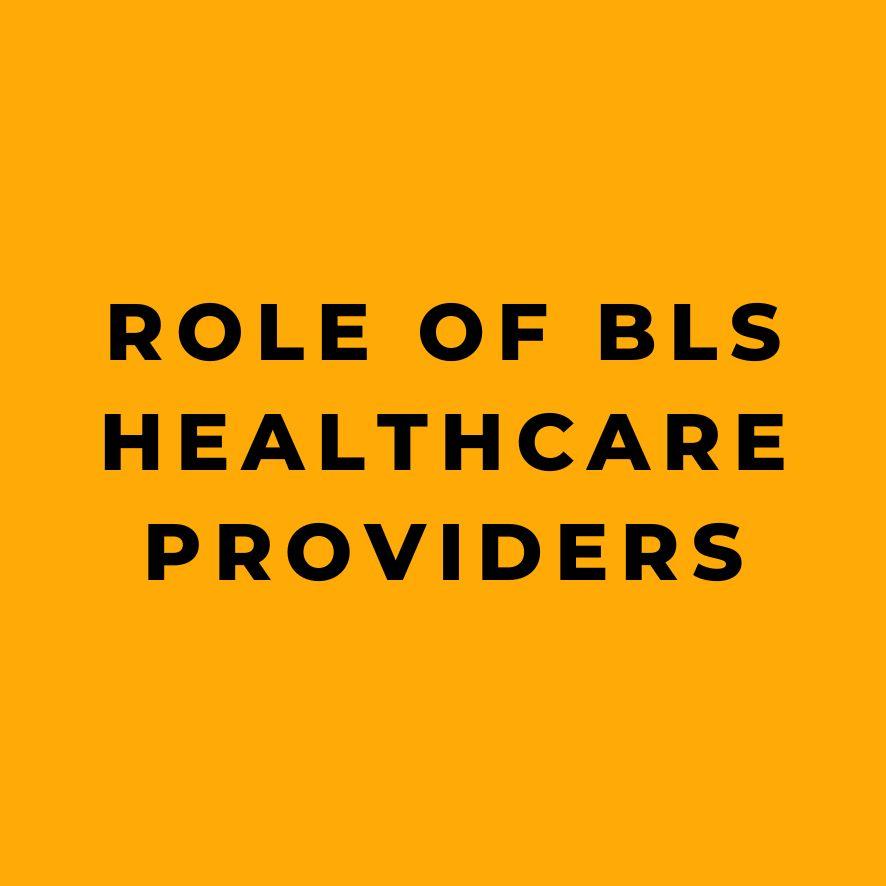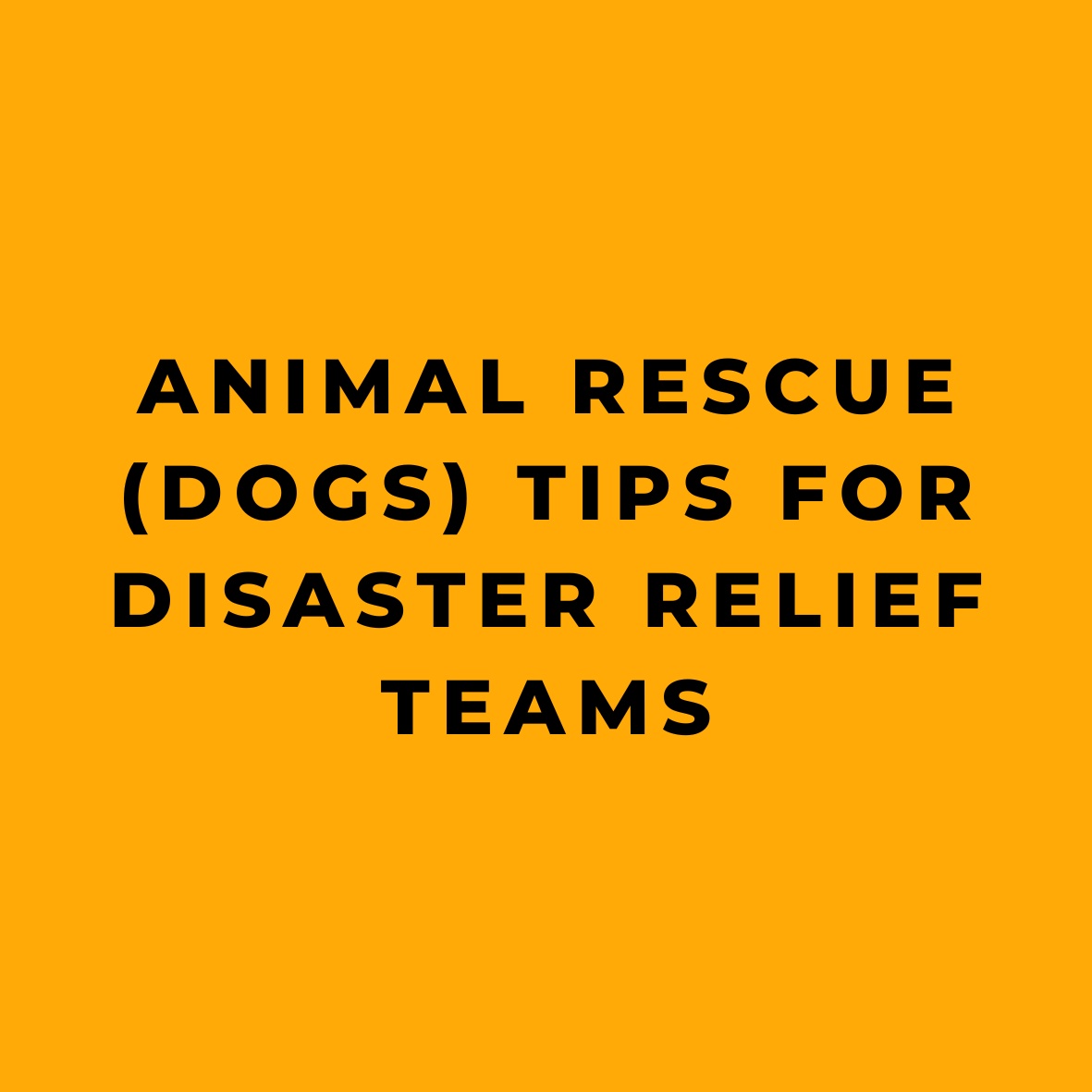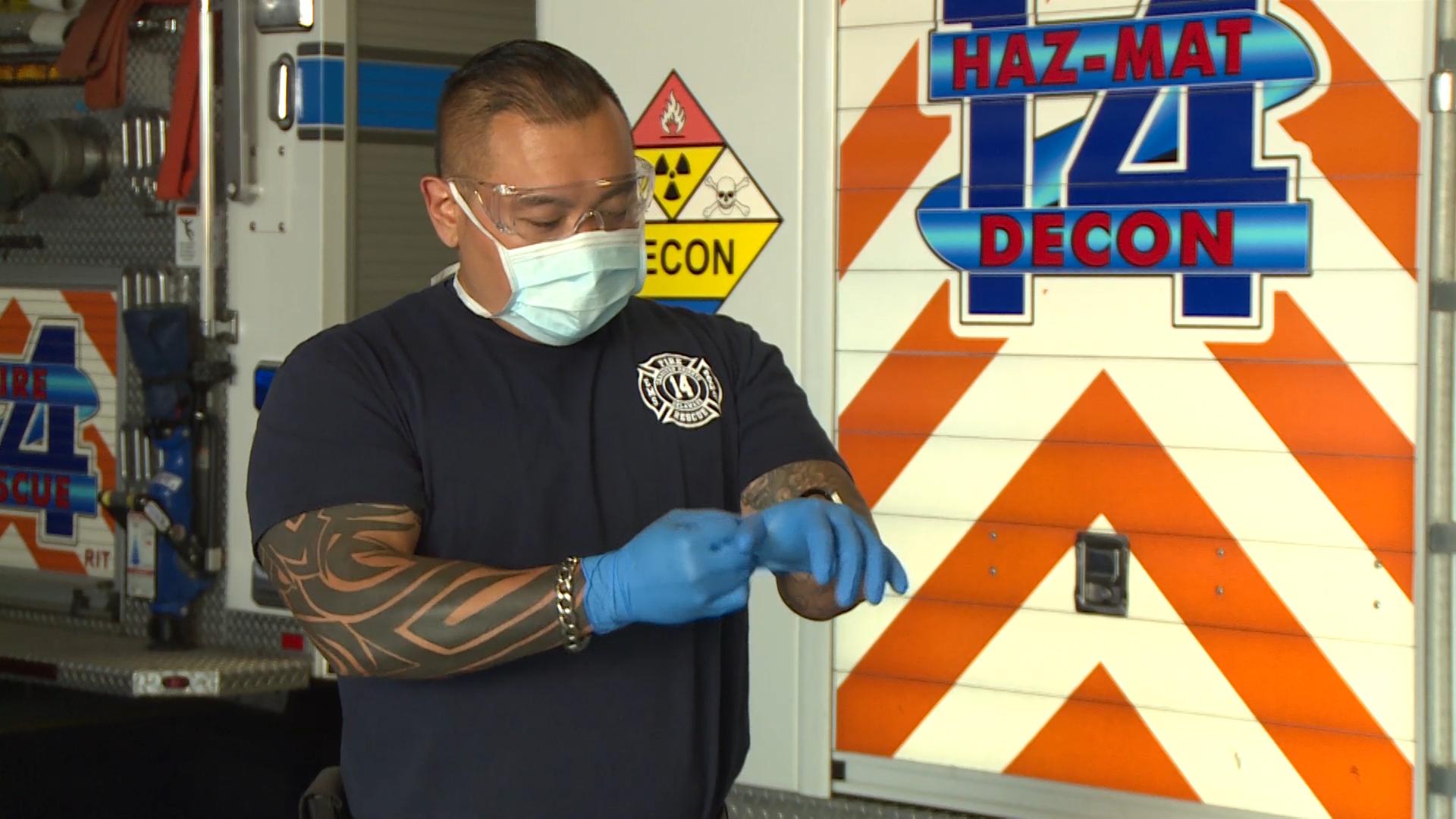BLS Training Essentials
Basic Life Support (BLS) Training Essentials are crucial for anyone in the healthcare or public safety industry. BLS training equips individuals with the knowledge and skills needed to respond to breathing and cardiac emergencies in adults, children, and infants. It covers critical procedures such as cardiopulmonary resuscitation (CPR), automated external defibrillator (AED) use, and obstructed … Read more










